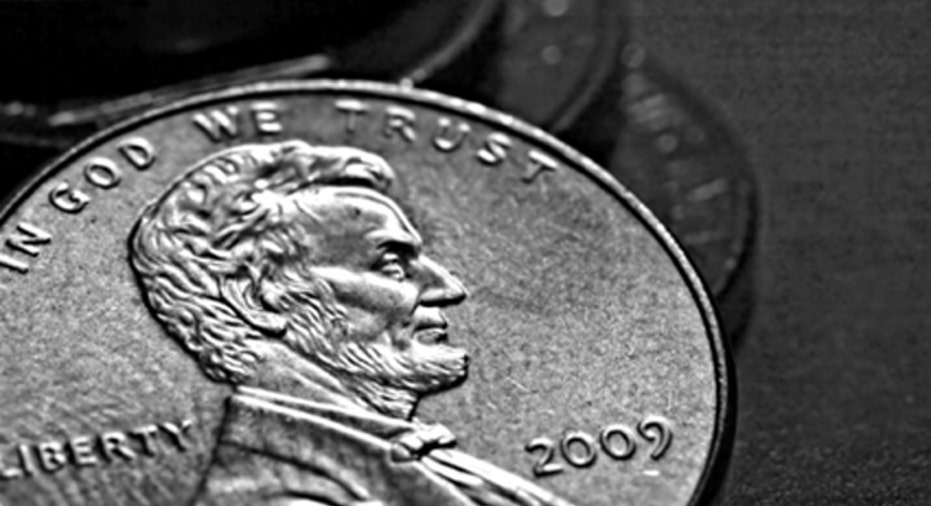IRA, CD, Money Market: How to Choose?

You wouldn't know it from the long lines of holiday shoppers vying for everything from Lalaloopsy Silly Hair dolls to iPads, but consumers still tremble at the state of the economy. The wise investor is the informed, astute investor. When it comes to CDs, money market accounts, and traditional versus Roth individual retirement accounts, there's a lot to learn about where and how you should invest your money. Steven Dolvin, Ph.D., CFA, associate professor of finance at Butler University, explains what it means to trust your money to these different types of investments.
With the current economic situation, how safe are IRAs?
IRAs are in and of themselves, neither safe nor unsafe. When you have an IRA, you deposit money in it and then decide what to invest that money in. That decision -- where to invest -- determines how risky the account is. If I invest $5,000 in an IRA and put it all in a U.S. government bond fund, that's much safer than an investor putting the same amount in a small-cap stocks fund. The IRA is just a platform. The investments themselves and the basic security of the IRA itself determine the level of risk.
Given the instability of the economy, is an individual better off investing in a traditional IRA or a Roth IRA?
Selecting a traditional versus a Roth IRA is determined by your individual situation. Two issues come up here: your tax rate and your age. The lower your tax rate and the younger your age, the more attractive a Roth looks. The younger your age, the more time you have for that money to grow and when you eventually withdraw the money, you will not have to pay taxes. The economy could play a role in terms of tax rates and returns, but your age and your tax rate determine (the best choice).
What best practices should be adhered to when investing in an IRA?
Again, this depends on individual circumstances as well as whether your employer offers a company-sponsored plan such as a 401(k). If they match 401(k) contributions, you would definitely want to invest there, and if you have money over and above that matching amount, then you are back to taking your tax rate and age into consideration.
If you are working and you don't have a company-sponsored plan, then choosing a traditional or a Roth would depend on tax circumstances. There are also some features of the Roth IRA that make accessing money easier. For example, if I deposit money into a traditional IRA and need to withdraw it before retirement (age 55½), there is a penalty plus I will have to pay tax on it. But, if I deposit in a Roth IRA, I can take money out -- that is, anything I originally contributed (minus any gains) without necessarily having to pay a penalty. I would have to pay taxes, however. Given the Roth's access to money along with the current volatility of the economy, that type of IRA may be more attractive to some investors for diversification purposes.
Money market shares fell due to the economic crisis in 2008 and as a result, new rules were implemented. Is it still wise to consider investing in money market accounts?
Money markets will be fairly safe -- most have eliminated all exposure to subprime, CDOs (collateralized debt obligation) and mortgage-backed securities. A money market just invests in very short-term government paper such as U.S. treasury bills and short-term corporate securities that are rated very highly. To the extent that we have a widespread economic issue, there is always a chance you could lose money or not make as much as you thought. But given they are the highest rated offered by corporations and the U.S. government, money markets by and large will be about the safest investment available.
What are the differences or pros and cons of investing in a money market account versus CDs in relation to the current economic situation?
Depending on where you go, a CD should be guaranteed and the money market would not necessarily be guaranteed. They are very similar; the rates might be a little bit better on a money market, again because the risk is slightly greater. If you look on the grand scale, money markets and CDs are very close in terms of what they offer. But with CDs, the trade-off is you might be required to agree to have your money invested for a certain period of time so you would be giving up that liquidity.
Special thanks to associate professor of finance at Butler University Steven Dolvin, Ph.D., CFA, for sharing his insights in this interview.



















